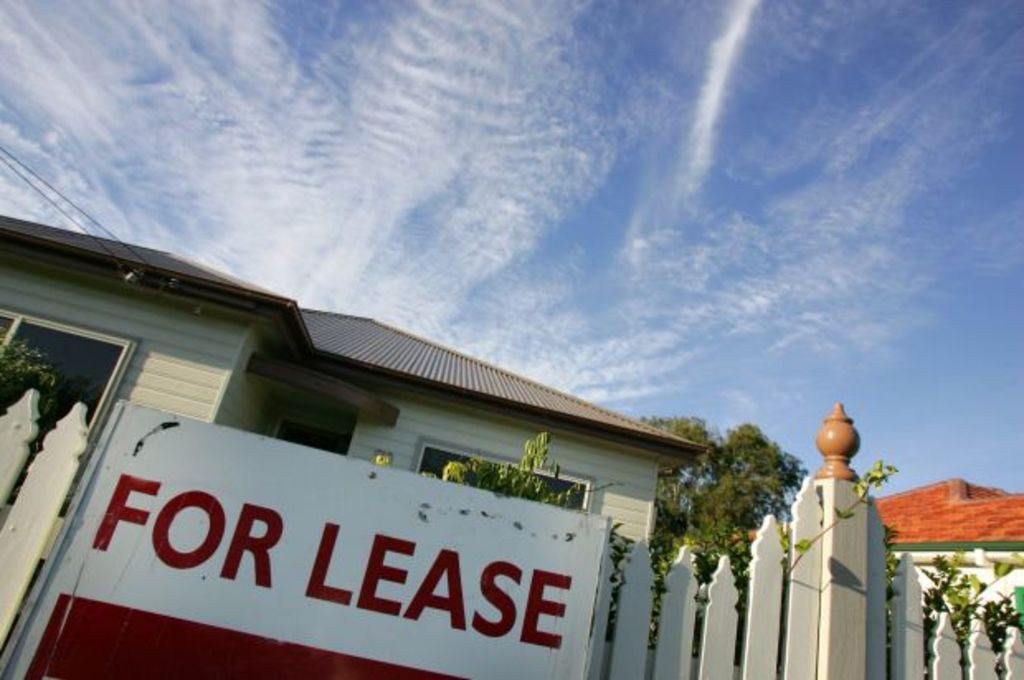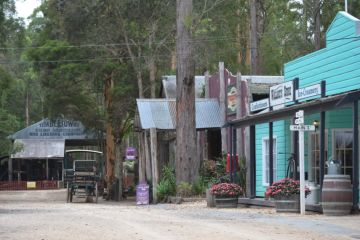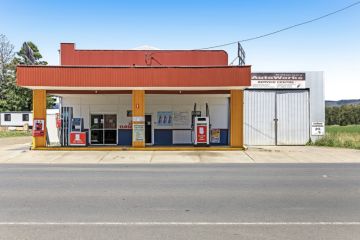Brisbane's rental market tipped to favour tenants as vacancy rate rises

Tenants should have more bargaining power with landlords as vacancy rates continue to rise in Brisbane, up 0.5 percent year on year.
Renters may be able to name their price, get rent-free weeks when signing a new lease, and change the terms of their lease, industry experts said.
“Apartment construction is overwhelming supply in pockets throughout Greater Brisbane,” said Real Estate Institute of Queensland chief executive Antonia Mercorella. “This means rents are negotiable and rental incentives are becoming more commonplace.”
Across Greater Brisbane, 3.2 per cent of all rentals are empty, which has left the city with the second highest vacancy rate in the country, behind only Perth.
Domain Group’s latest figures showed 3.7 per cent of units and 2.9 per cent of houses were empty , up from 3.2 and 2.6 per cent this time last year.
For three years Brisbane’s median rent has been about $400, but next year landlords may be forced to lower prices, Domain Group chief economist Andrew Wilson said.
“When we get vacancy rates over 3 per cent we do start to see downward pressure on rent,” he said. “Less demand, more supply; that’s the bottom line.”
“It’s no surprise with all the new developments we’d be seeing an increase for apartments.”
First home buyers leaving the rental market and a drop in international and interstate migration to Queensland have caused the high rates, said Dr Wilson.
Housing Industry Association figures released on Friday showed home loans were up 11.2 per cent year on year. Acting chief economist Warwick Temby agreed an increase in buyer activity could be a factor.
“The pipeline of high density houses reaching settlement stage are now being financed,” he said. “If they are being used as a rental that certainly puts some pressure on vacancy rates.”
Dr Wilson predicted tenants would be able to ask more from their landlords and Tenants Queensland welcomed the suggestion. Chief executive Penny Carr said landlords had held the balance of power in Brisbane for too long.
“Hopefully we’ll see a bit more of an even market,” she said.
Ms Carr said landlords were already struggling to find tenants. “You can see from the advertising from the unit market … incentives [are being] offered,” she said.
Both Dr Wilson and Mr Temby predicted the rental market would take a hit over the next year, but stressed it would strengthen again in the long term.
Mr Temby said it could take 18 months for rates to lower and rents to rise again.
We recommend
We thought you might like
States
Capital Cities
Capital Cities - Rentals
Popular Areas
Allhomes
More
- © 2025, CoStar Group Inc.







